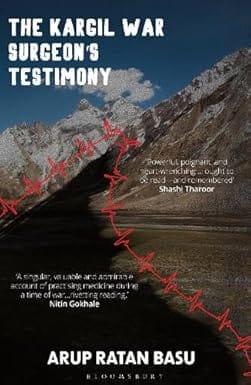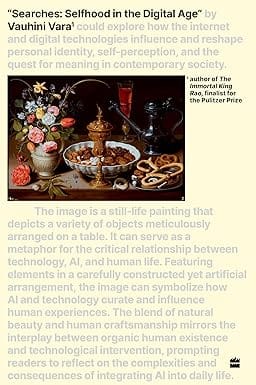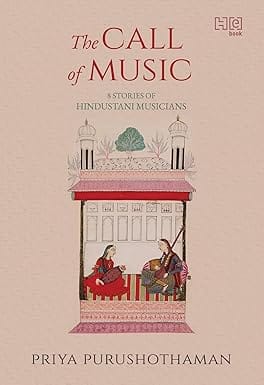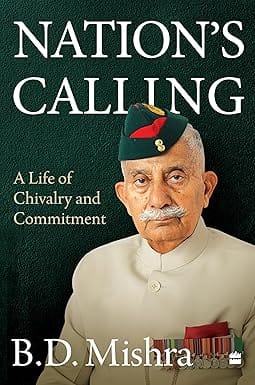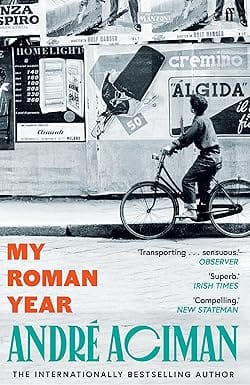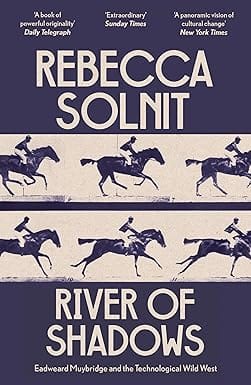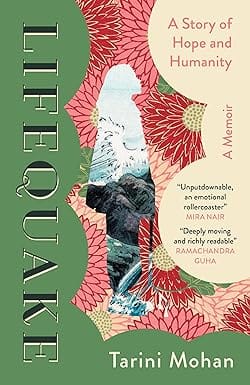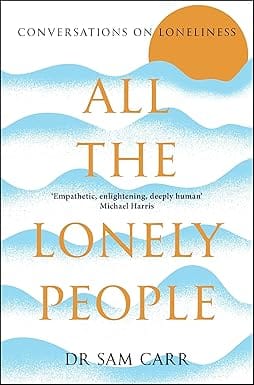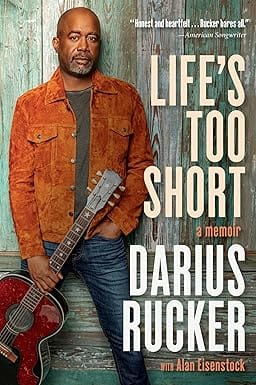- Non-ficton
- Non-ficton
- Contemporary Fiction
- Contemporary Fiction
- Children
- Children
- Comics & Graphic Novels
- Comics & Graphic Novels
- Non-Fiction
- Non-Fiction
- Fiction
- Fiction
Review
'A singular, valuable and admirable account of pracitising medicine during a time of war by the surgeon at the field hospital in Kargil. It was his first posting and he was thrown into the deep end of things. The Kargil War Surgeon's Testimony makes for rivetting reading.' -- Nitin Gokhale, author of Beyond NJ 9842: The Siachen Saga and R.N. Kao: The Gentleman Spymaster
As the first military surgeon on call at Kargil in the summer of 1999-when Pakistani troops, disguised as goatherds, crossed over the Line of Control and besieged critical Indian peaks-Lt. Col. (Dr.) Arup Ratan Basu toiled to rescue nearly 350 of our valiant soldiers from the jaws of death. One can only imagine how helpless he, trained to be a lifesaver, must have felt seeing a steadfast stream of young men marching to their deaths at those inhospitable heights-that too in a war not of their nation's making.
In Basu's view, it's not so much about the futility of war as its untold human cost, which gets muffled beneath the nationalist pomp and clamour of any war effort-even one like Kargil, undertaken in self-defence. Yet for the parents who lose their sons, wives their husbands, and children their fathers, this is the only real consequence of war. And perhaps on no one's conscience do these deaths weigh more heavily than on a doctor's-who, for no fault of his own, could not prevent them.
A military doctor with a poet's sensitivity and talent for lyrical expression, Arup Ratan Basu has composed a haunting elegy to the lives lost and blood spilt at Kargil. And as a powerful, poignant, and heart-wrenching indictment of the debilitating cost of war, The Kargil War Surgeon's Testimony ought to be read-and remembered.
Book Description
About the Author
Arup Ratan Basu received an MBBS degree from the Armed Forces Medical College, Pune. He joined the Army Medical Corps in 1989 and completed a master's in surgery and post-doctoral fellowship in gastro-intestinal surgery. During the Kargil conflict of 1999, he was deputed as a general surgeon to the field hospital in Kargil, and he received the Yuddh Seva Medal for his services there. In 2001 he was deputed to Kabul, Afghanistan, immediately after the collapse of the first Taliban regime. He served there for ten months and was awarded a certificate of appreciation by the government of Afghanistan. Later, he served in various command hospitals of the Army Medical Corps and settled down in his hometown, Jamshedpur, in 2013.
Basu has written three books in Bengali. This is his first book in English.
- Home
- Non-Fiction
- Biographies
- The Kargil War Surgeons Testimony
The Kargil War Surgeons Testimony
SIZE GUIDE
- ISBN: 9789361311185
- Author: Arup Ratan Basu
- Publisher: Bloomsbury
- Pages: 198
- Format: Paperback
Book Description
Review
'A singular, valuable and admirable account of pracitising medicine during a time of war by the surgeon at the field hospital in Kargil. It was his first posting and he was thrown into the deep end of things. The Kargil War Surgeon's Testimony makes for rivetting reading.' -- Nitin Gokhale, author of Beyond NJ 9842: The Siachen Saga and R.N. Kao: The Gentleman Spymaster
As the first military surgeon on call at Kargil in the summer of 1999-when Pakistani troops, disguised as goatherds, crossed over the Line of Control and besieged critical Indian peaks-Lt. Col. (Dr.) Arup Ratan Basu toiled to rescue nearly 350 of our valiant soldiers from the jaws of death. One can only imagine how helpless he, trained to be a lifesaver, must have felt seeing a steadfast stream of young men marching to their deaths at those inhospitable heights-that too in a war not of their nation's making.
In Basu's view, it's not so much about the futility of war as its untold human cost, which gets muffled beneath the nationalist pomp and clamour of any war effort-even one like Kargil, undertaken in self-defence. Yet for the parents who lose their sons, wives their husbands, and children their fathers, this is the only real consequence of war. And perhaps on no one's conscience do these deaths weigh more heavily than on a doctor's-who, for no fault of his own, could not prevent them.
A military doctor with a poet's sensitivity and talent for lyrical expression, Arup Ratan Basu has composed a haunting elegy to the lives lost and blood spilt at Kargil. And as a powerful, poignant, and heart-wrenching indictment of the debilitating cost of war, The Kargil War Surgeon's Testimony ought to be read-and remembered.
Book Description
About the Author
Arup Ratan Basu received an MBBS degree from the Armed Forces Medical College, Pune. He joined the Army Medical Corps in 1989 and completed a master's in surgery and post-doctoral fellowship in gastro-intestinal surgery. During the Kargil conflict of 1999, he was deputed as a general surgeon to the field hospital in Kargil, and he received the Yuddh Seva Medal for his services there. In 2001 he was deputed to Kabul, Afghanistan, immediately after the collapse of the first Taliban regime. He served there for ten months and was awarded a certificate of appreciation by the government of Afghanistan. Later, he served in various command hospitals of the Army Medical Corps and settled down in his hometown, Jamshedpur, in 2013.
Basu has written three books in Bengali. This is his first book in English.
User reviews
NEWSLETTER
Subscribe to get Email Updates!
Thanks for subscribing.
Your response has been recorded.

India's Iconic & Independent Book Store offering a vast selection of books across a variety of genres Since 1978.
"We Believe In The Power of Books" Our mission is to make books accessible to everyone, and to cultivate a culture of reading and learning. We strive to provide a wide range of books, from classic literature, sci-fi and fantasy, to graphic novels, biographies and self-help books, so that everyone can find something to read.
Whether you’re looking for your next great read, a gift for someone special, or just browsing, Midland is here to make your book-buying experience easy and enjoyable.
We are shipping pan India and across the world.
For Bulk Order / Corporate Gifting
 +91 9818282497 |
+91 9818282497 |  [email protected]
[email protected]
Click To Know More
INFORMATION
QUICK LINKS
ADDRESS
Shop No.20, Aurobindo Palace Market, Near Church, New Delhi

